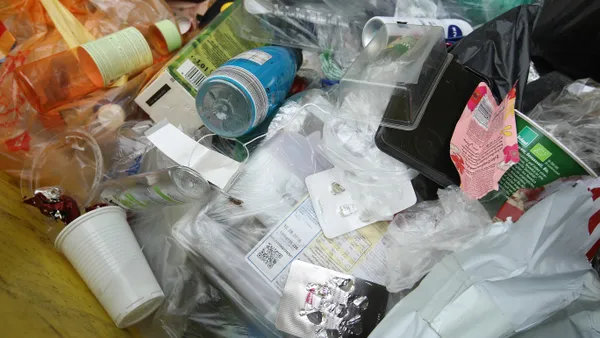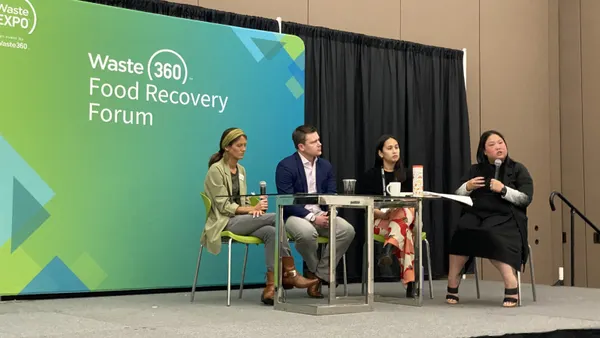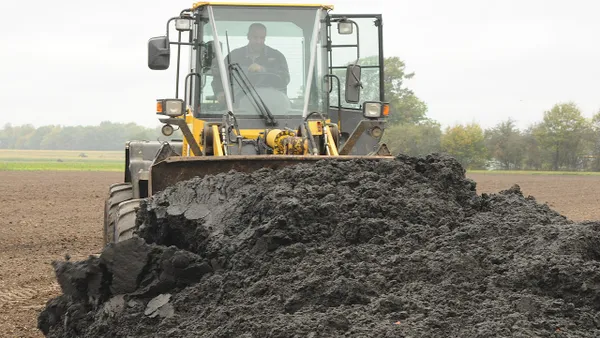Dive Brief:
- Scottish Environment Secretary Roseanna Cunningham told the Sunday Mail Scotland would ban single-use plastic straws by the end of 2019. "I would strongly encourage the big manufacturers of straws that the writing is on the wall and they need to be thinking about alternatives now," she said, especially as legislation can't come into place overnight.
- Scotland's government will establish an expert panel to look at ways to reduce the prevalence of single-use items, as reported by the Independent. A government spokesperson told the Independent that the Scottish government will be in a place to confirm definitive plans in the "coming months."
- Disability advocates in Scotland are calling for the campaign to be put on hold until it includes suitable alternatives to reusable plastic straws, as reported by The Scotsman. The advocates say common alternatives, such as paper or metal straws, are not suitable for all persons with disabilities and can increase choking risk.
Dive Insight:
These moves come shortly after the Scottish parliament stopped offering single-use plastic straws at its own facilities. Instead, straws must be specifically requested. Some in the United Kingdom credit the documentary series "Blue Planet II," which drew attention to the global issue of marine plastic debris, for the scrutiny single-use plastics are getting in the region.
Scotland's moves on plastic straws also track with larger goals within the British government. In mid-January, Prime Minister Theresa May announced her intention to phase out all "avoidable plastic" within 25 years. Her plan includes more specifics than the Scottish move to ban single-use straws, including a fee for single-use plastic containers and coffee cups — though it is on a much longer timeline than Cunningham's plan that could ban single-use plastic straws from Scotland by the end of next year.
The plan is also reminiscent of other actions around the world. Kenya recently enacted a nationwide ban on single-use plastic bags, for example, and Seattle is phasing out single-use plastic cutlery, including straws. Corporations, from Dunkin' Donuts, to Coca-Cola, to McDonald's are also taking voluntary measures to cut down on single-use plastic and customer waste.
In addition to being good PR for companies, moves to ban single-use plastics can also help recyclers with the perennial, but increasingly prominent issue of contamination. If lower-value plastics like film bags and straws are not widely available, they are less likely to end up in recycling streams. This could lead to fewer maintenance issues at MRFs and to higher-quality plastic bales.









